Shilpa is one of the few women leaders in the BPM sector in India, bringing over 20 years of experience in corporate communications, corporate marketing, sales enablement, and talent acquisition branding, with core strengths in driving integrated marketing campaigns across geographies.
Shilpa has been leading the D&I frontier at HGS. She has initiated several CSR initiatives to help the underprivileged. In association with Hinduja Hospital, HGS works towards developing rural health and overall quality of life for thousands of disadvantaged families by ensuring the last-mile delivery of free and quality healthcare. The Advanced Mobile Health Unit (AMHU) is focused on providing medical services (Diagnosis and Treatment) in 10 remote villages of Palghar district, Maharashtra. The bus is equipped with x-ray, pathology lab, medicines, and other basic diagnostic facilities travel to the villages each day to provide quality healthcare to the residents.

